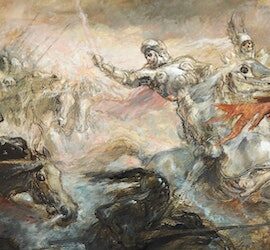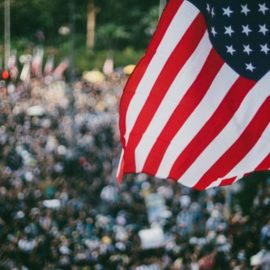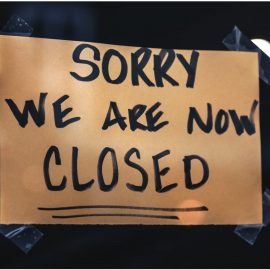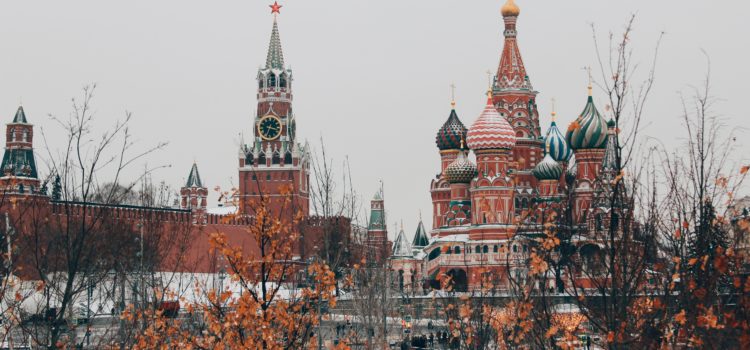
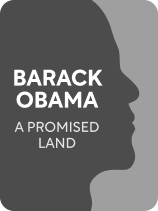
This article is an excerpt from the Shortform book guide to "A Promised Land" by Barack Obama. Shortform has the world's best summaries and analyses of books you should be reading.
Like this article? Sign up for a free trial here .
What was President Obama’s relationship with Russia like? Did Obama and Putin get along?
For President Obama, Russia posed a unique challenge. Historically, the relationship between the U.S. and Russia was incredibly important. Obama’s presidency would be no different.
Read more about President Obama and Russia, and what relations were like during his administration.
Obama and the Russia Reset
There was one international partner that could play a pivotal role in pressuring Iran—Russia. Although Russia was a major buyer of Iranian oil, it was also a major supplier of military hardware to Iran. In theory, this gave Russia an important degree of leverage over the Iranian that could be used to compel them to halt their nuclear program. But Russia had thus far been reluctant to do so, using its veto power (along with China) on the UN Security Council to block any proposed sanctions against Iran.
To make progress on the Iran issue and as part of his broader mission reasserting U.S. leadership, Obama was keen to “reset” the nation’s complicated relationship with Russia. Russia’s 2008 invasion of neighboring Georgia—a flagrant and dangerous violation of international law—had marked the lowest point in U.S.-Russia relations since the fall of the Soviet Union and earned Russia widespread international condemnation.
Generally, Russia under Vladimir Putin had reversed many of the steps made toward democracy during the 1990s, slipping back into authoritarianism. Although life was undoubtedly better for most ordinary Russians, with a stronger economy (albeit one heavily dependent on oil and gas and marked by high income inequality), the country had also become more of a police state. The Putin regime was known to jail political opponents on trumped-up charges, while much of the nation’s economic power rested in the hands of Putin-connected crony capitalists.
Putin’s political style was anathema to Obama. He presented himself as a ruthless strongman, restoring Russia to its former glory. Central to his political pageantry were over-the-top masculine displays (such as photos of a musclebound Putin riding a horse shirtless through the Russian steppes), blatant homophobia, and chauvinistic gestures toward Russia’s ethnic and religious minorities.
Yet, for all Putin’s posturing, Russia was in reality a greatly diminished power, with its economy highly vulnerable to changes in world oil prices. Moreover, despite its considerable military strength, Russia was not a cultural power or source of inspiration for billions around the world, as the United States was.
Meeting Putin
Given this context, President Obama didn’t know what to expect when he journeyed to Moscow to meet with Prime Minister Vladimir Putin in July 2009. Although he’d met President Dmitriy Medvedev at the G20 summit in London back in April, it was widely known within the international community that Putin was the real power in Russian politics.
When Obama met Putin at his mansion on the outskirts of Moscow, he’d been warned by his senior aides to treat the Russian leader deferentially. Although Obama was obviously more powerful, Putin was on his home turf and believed himself to be the senior partner in the U.S.-Russia relationship.
Despite the foreign setting, Obama found Putin to be a character not altogether unfamiliar. In his insular, transactional, and unsentimental style, Putin reminded him of a Chicago political machine boss (albeit one with nuclear weapons). It was a type he had encountered many times during his early political career.
Someone like Putin could never be considered a statesman; he would seek only to secure advantage for himself and the people he represented, all else be damned. For Putin and political actors like him, it was all about power, not principles.
Sure enough, Putin attempted to assert his dominance in the meeting almost immediately, treating Obama and his team to a half-hour long diatribe about all the ways the U.S. had done harm to Russia since the end of the Cold War. Putin cited the destabilizing invasion of Iraq, the placement of American missile defense systems on Russia’s borders, and American support for pro-democratic governments in the neighboring states of Georgia and Ukraine—which had left Russia feeling encircled and threatened.
Obama listened patiently, and responded with his own set of American policy disagreements with Russia—their sale of arms to an increasingly hostile Iran chief among them. Although substantial policy disagreements remained, the meeting between the two men had been cordial. Perhaps there would be opportunities for cooperation on key issues after all.
The Struggle for Russian Democracy
Later that evening, President Obama attended a summit of Russian and American civil society leaders (including business figures, academics, and community organizers) who were attempting to bring some measure of democratic reform to Putin’s Russia.
Obama, of course, could not help but admire their idealism. In their striving for a freer, more equitable, and just future for their country and people, Obama saw echoes of his own youthful activism as a community organizer in Chicago.
But at the same time, Obama was now immersed in the world of global power politics. While sympathetic to the goals of those assembled at the summit, he knew that Putin was implacably hostile to them and everything they stood for. And he also knew, unfortunately, that the United States would not and could not risk its strategic partnership with Russia on nuclear nonproliferation for the sake of these democracy advocates.
The simple truth was that if Putin went after any of these brave men and women, there was little Obama could to do to protect them.

———End of Preview———
Like what you just read? Read the rest of the world's best book summary and analysis of Barack Obama's "A Promised Land" at Shortform .
Here's what you'll find in our full A Promised Land summary :
- How Barack Obama went from relative obscurity to the first Black president
- What principles guided his political leadership style
- Why Obama retained an unshakable faith in the potential and promise of America


